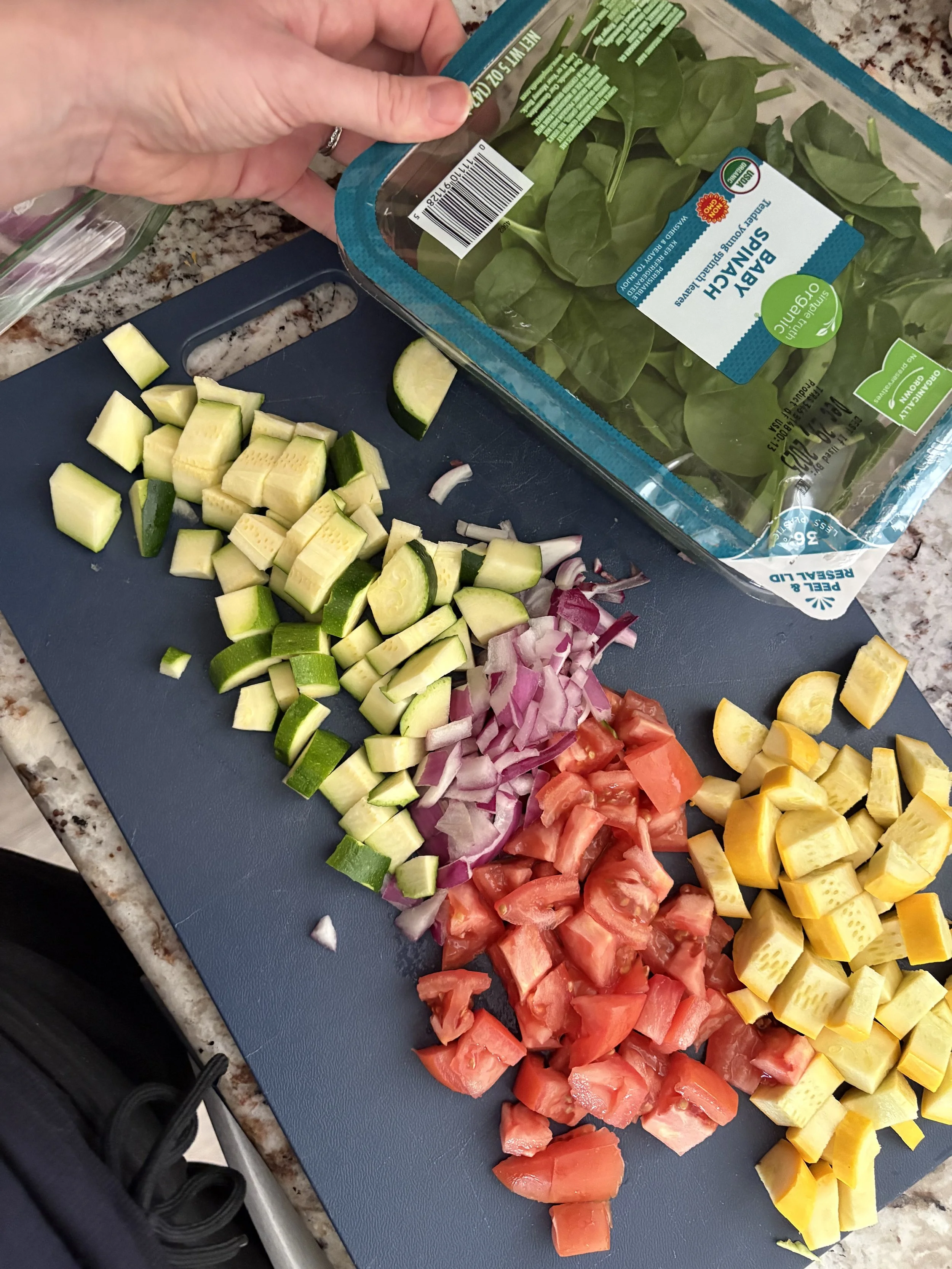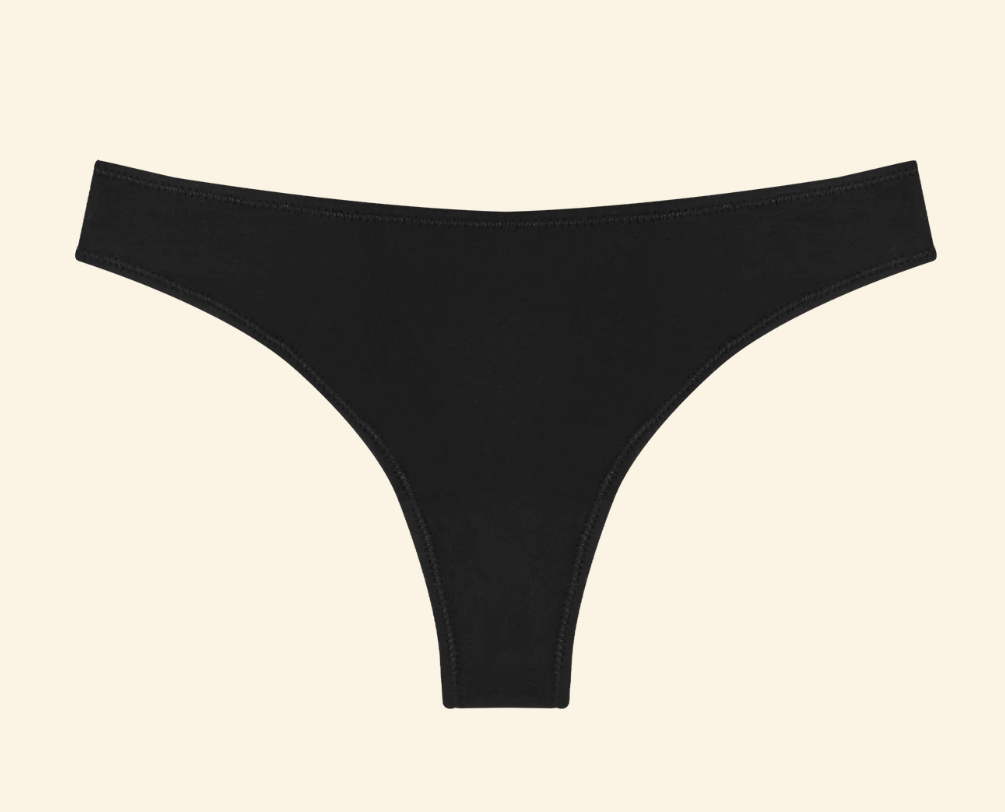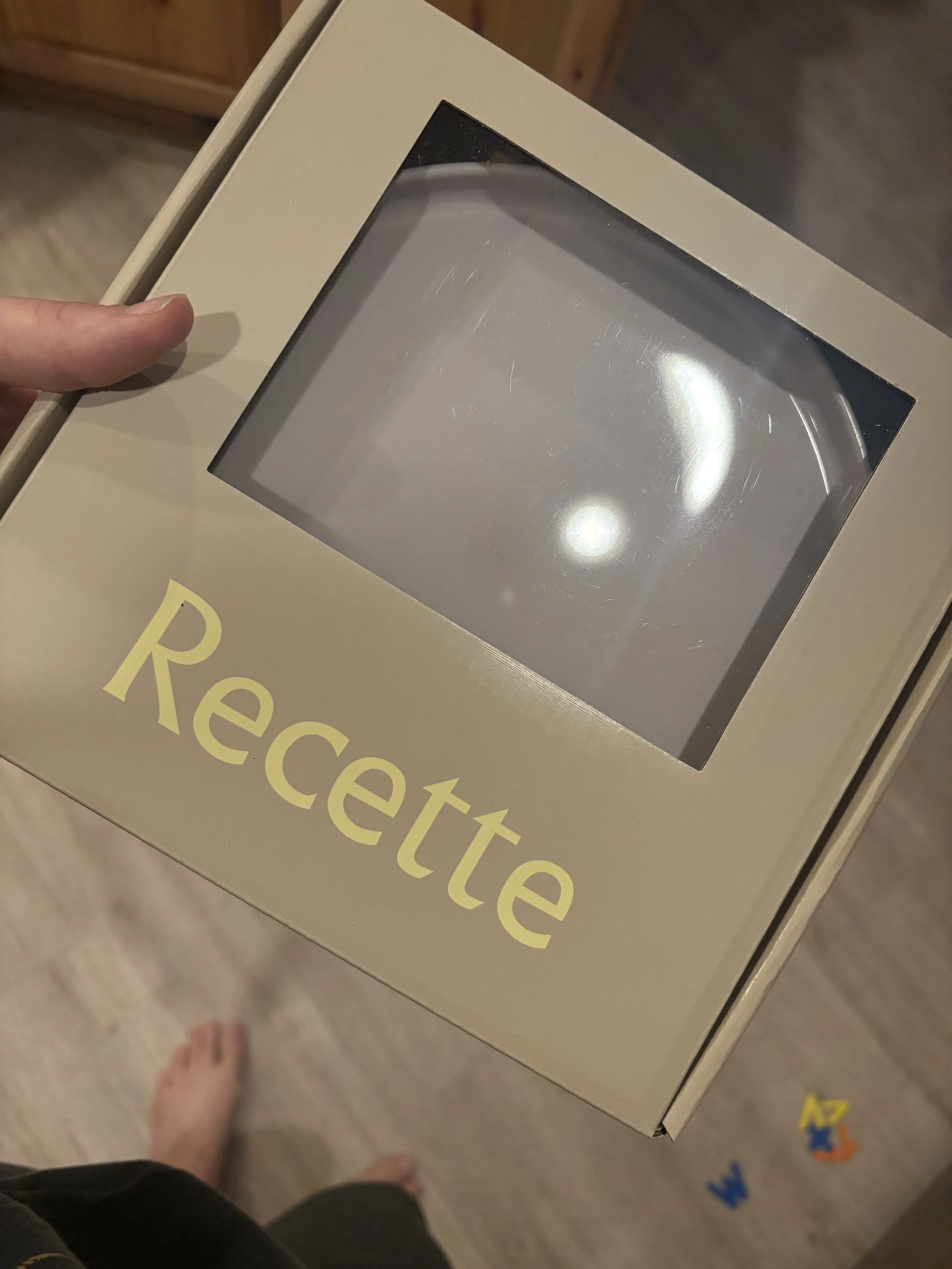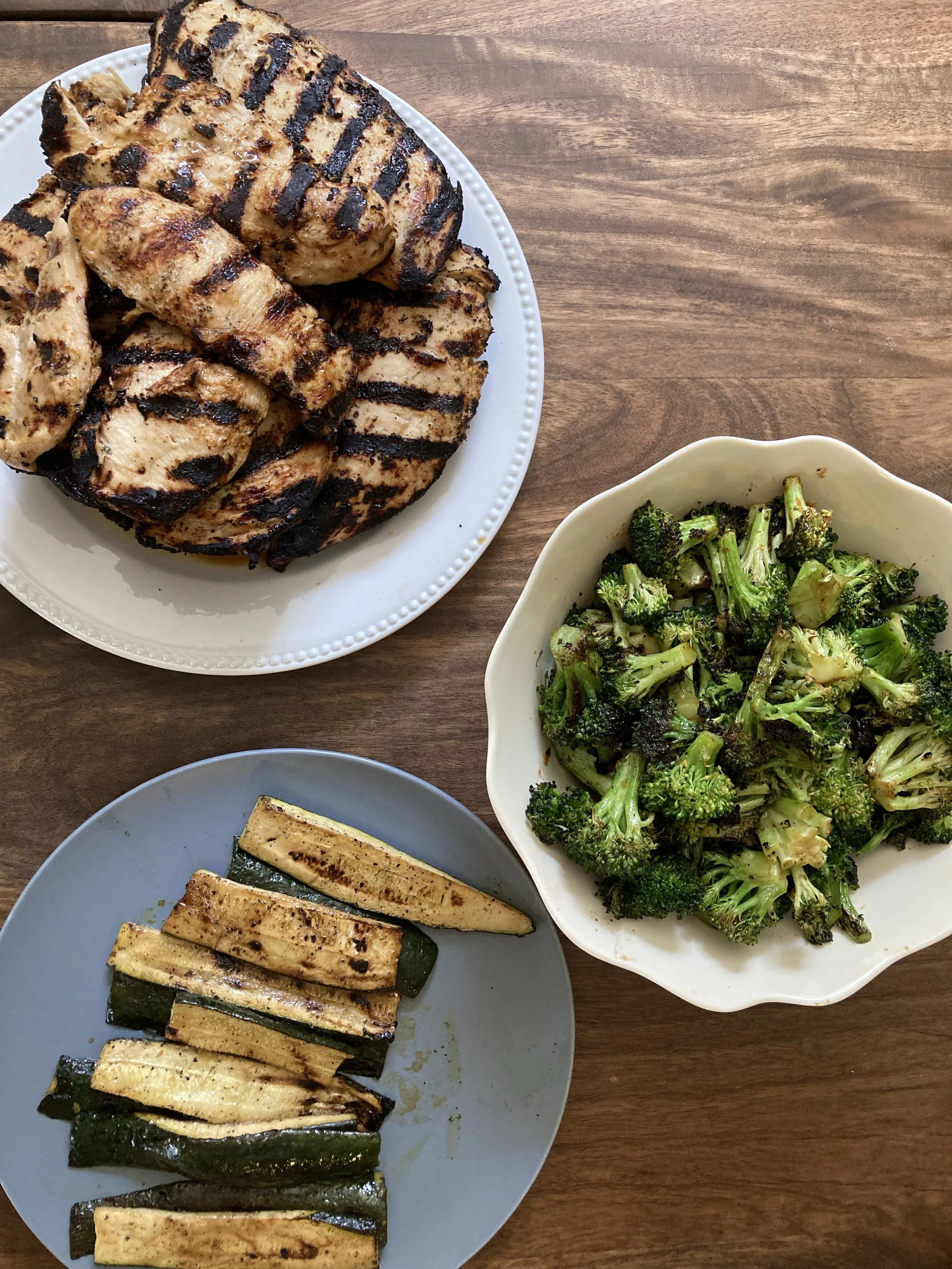4 Reasons Intuitive Eating May Not Be Right for Your Health Goals
Curious about taking an intuitive approach to eating?
While I believe it can be a healthy approach for many, there are some specific situations where it may do more harm than good.
For anyone that has wanted to eat healthier, I am sure you have stumbled across the phrase “intuitive” or “mindful eating.” This is a practice that encourages people to not follow a set “diet” and rather lean into their intuition for picking foods that will best nourish their bodies.
In theory, I really appreciate the idea and practice. But, in reality, I have seen it perpetuate disordered eating and lack of nutrition for many women.
So, how do you know whether this is an approach that would support your health goals? The goal of this post is to give you a few pointers that will help to guide you and answer the question: Is intuitive eating right for you?
What is Intuitive Eating?
Intuitive eating is an approach to food and nourishment that emphasizes listening to your body’s internal cues rather than relying on external diet rules or restrictions. It’s rooted in the idea that our bodies are naturally equipped to regulate hunger, fullness, and energy needs when we learn to trust them.
Developed by dietitians Evelyn Tribole and Elyse Resch, intuitive eating encourages rejecting diet culture, honoring your hunger, and making peace with all types of food. Unlike traditional dieting, which often focuses on weight loss and calorie counting, intuitive eating prioritizes a holistic connection between mind and body, fostering a healthy and sustainable relationship with food.
It’s not about perfection or eating "right" but about tuning in to what your body needs in a compassionate, nonjudgmental way.
3 Reasons Intuitive Eating May Not Be Right For You
Let me preface this by saying– as with all things health, wellness, and nutrition, there is so much bio-individuality to consider. This is not medical or nutrition advice, and before starting a new eating style, you should consult with your personal care provider.
With that said, here are 3 reasons intuitive eating may not be the right approach for your health goals:
1. Lack of Micronutrients
While intuitive eating encourages listening to your body, it doesn’t inherently teach you about the nutritional value of different foods. For some, this can result in an unintentional lack of essential vitamins and minerals, especially if cravings lean toward less nutrient-dense options. For example, someone who avoids fruits and vegetables due to taste preferences may not get enough vitamin C, fiber, or potassium, all of which are crucial for overall health. Without a basic understanding of nutrition, intuitive eating can sometimes fail to meet your body’s micronutrient needs.
2. Wrong Macronutrient Makeup for Your Physiology
Every body has unique needs when it comes to macronutrients—carbohydrates, proteins, and fats. While one person may thrive on a higher carbohydrate diet, another may feel best with a diet richer in healthy fats or proteins. Intuitive eating doesn’t always address these physiological differences. For example, an athlete with high energy demands might not naturally consume enough carbohydrates to fuel their performance, while someone with insulin resistance might struggle to limit carb-heavy foods intuitively. Without awareness of macronutrient balance, intuitive eating can leave some people feeling fatigued, undernourished, or imbalanced.
3. Current Eating Habits That Are Not Supportive for Long-Term Wellness
If your current eating habits are heavily influenced by processed foods, emotional eating, or irregular meal patterns, transitioning to intuitive eating can be challenging. For example, processed foods are often designed to override natural hunger cues, making it difficult to accurately listen to your body. Emotional eating—using food as a coping mechanism for stress, boredom, or sadness—can also cloud your ability to differentiate between physical and emotional hunger. Without addressing these habits first, intuitive eating may perpetuate patterns that are not supportive of long-term health and wellness.
4. Unreliable hunger cues
Most women I work with one-on-one are under-eating — and physiologically, this is a huge stress on your body. It manifests as high stress, emotions that are hard to regulate, fatigue, hormone imbalances, and more.
If you have been under-eating for a while, you will have hunger cues in sync with that pattern. That means if you are going off your intuition and hunger cues, you could continue to be undernourished.
Final Thoughts
Intuitive eating is a powerful tool for developing a healthier relationship with food, but it’s not a one-size-fits-all solution. Understanding your unique nutritional needs, physiological makeup, and eating habits is key to determining if this approach aligns with your health goals. If you’re curious about learning more, check out this post: The 10 Best Books on Intuitive Eating and Mindful Nutrition.
Remember, the best approach to eating is one that nourishes both your body and mind while aligning with your individual needs and lifestyle.


















What is self-care actually?? This post explores what actually supports our wellness.. and all ideas shared take 5 minutes or less 👏